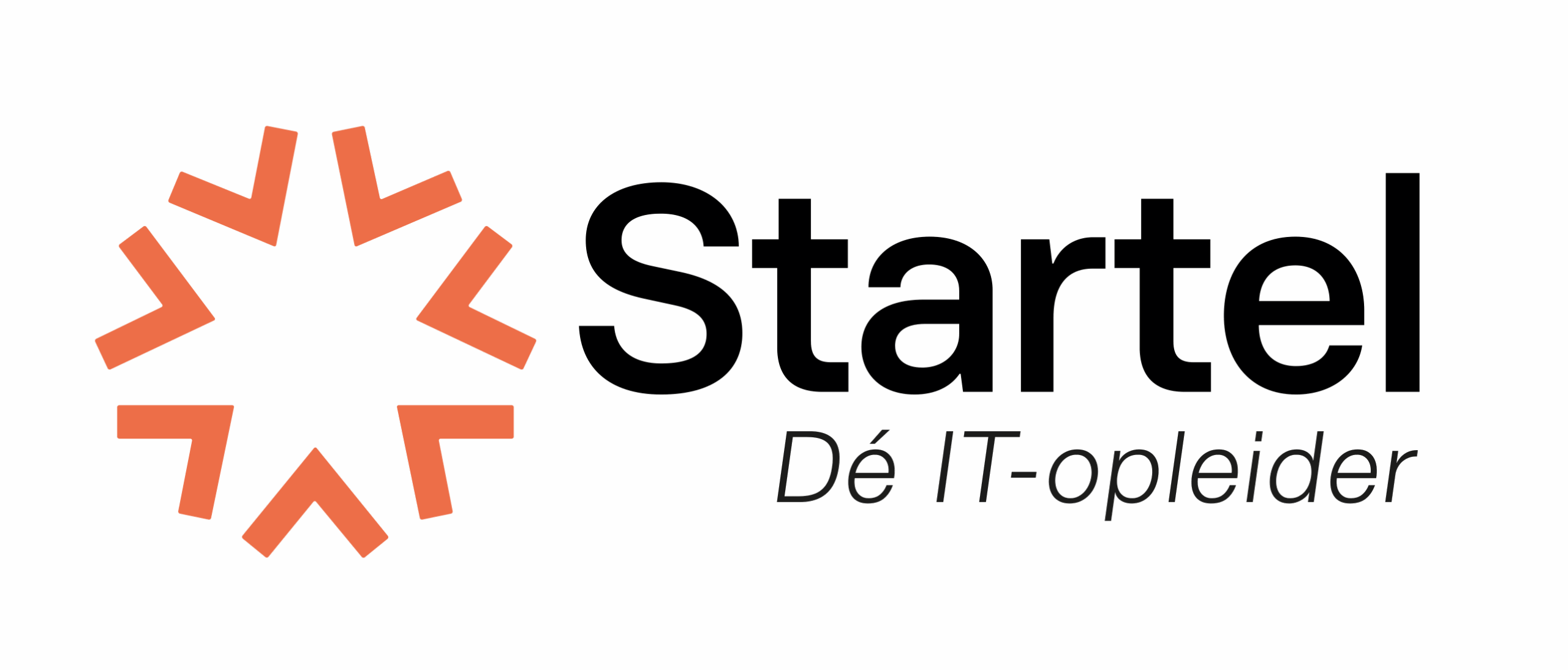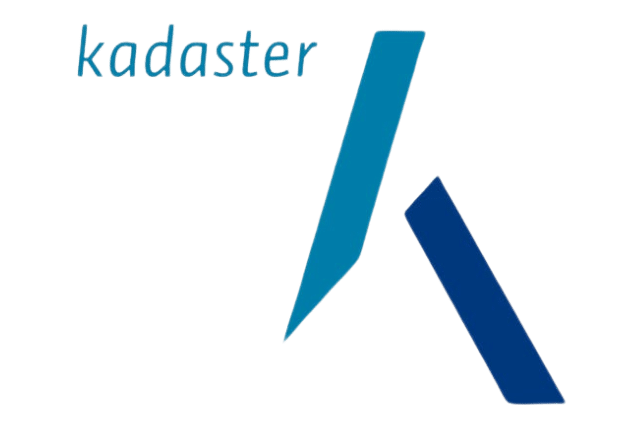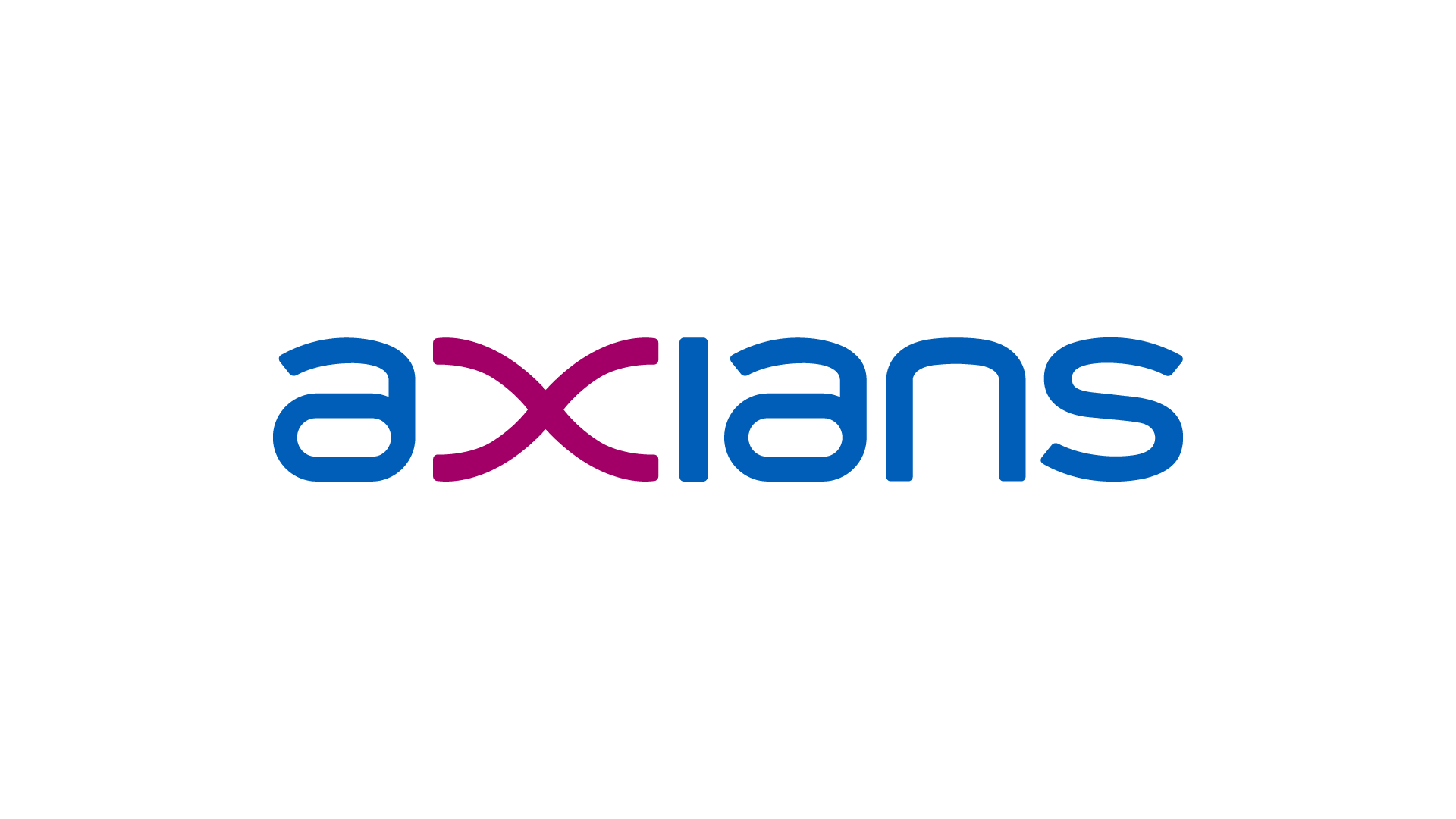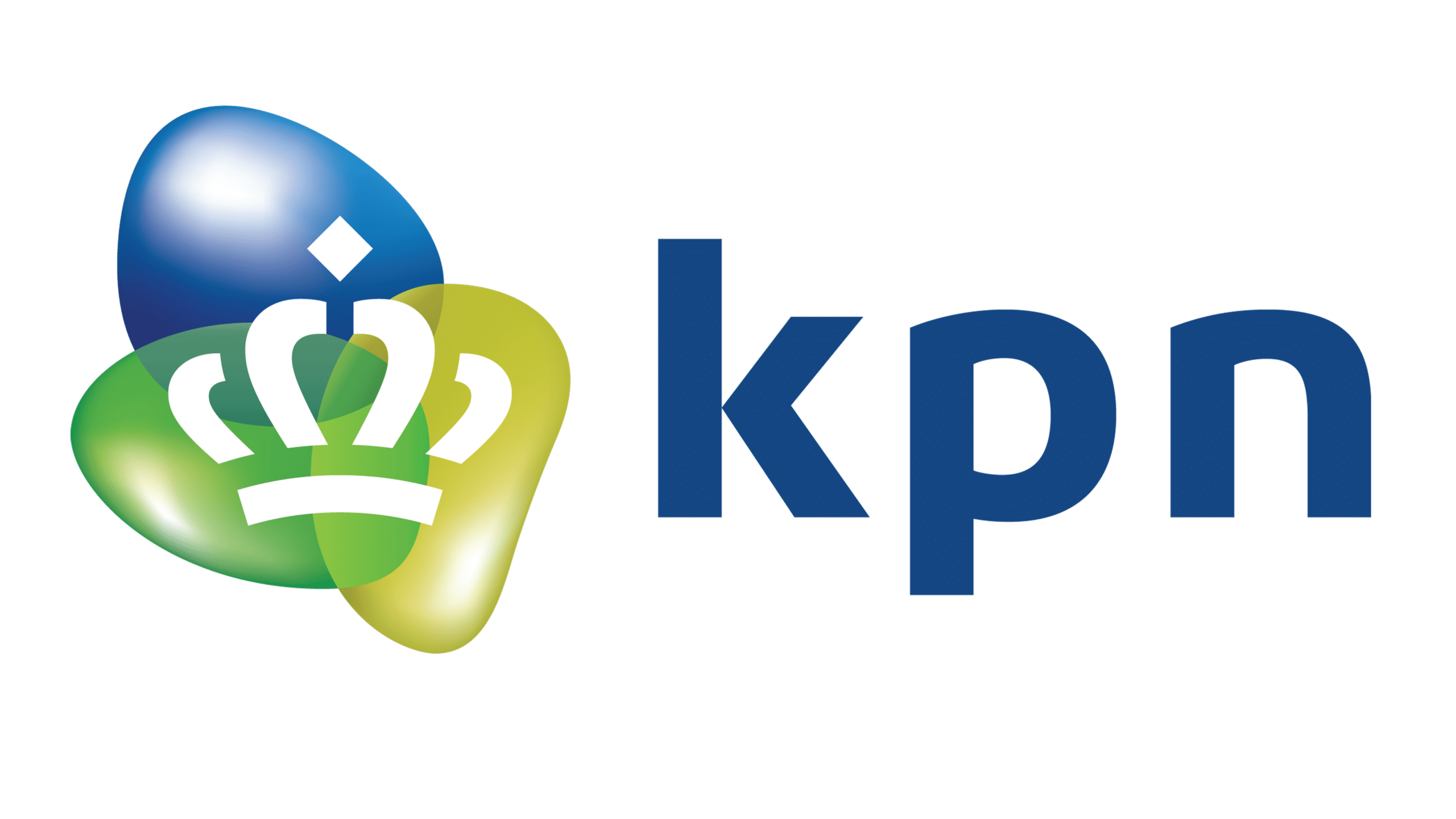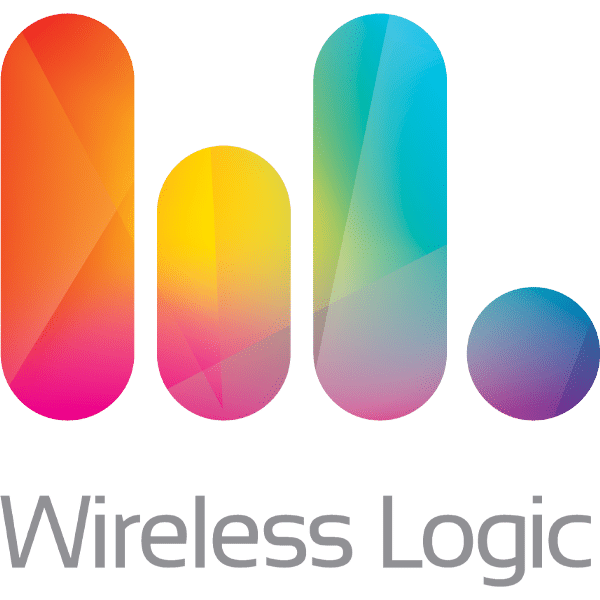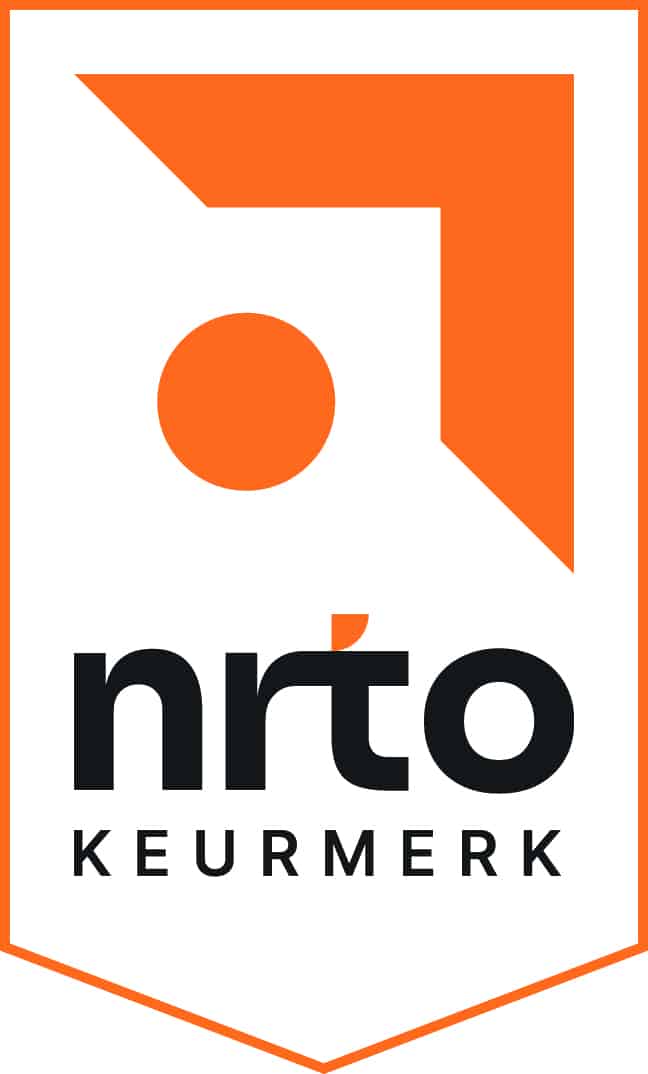Algemene omschrijving
The Java Developer E-Learning is entirely in English. As a Dutch IT training provider, we offer the information on this page in Dutch. At the bottom of the page, you will find a brief summary in English. The topics within the Java Developer E-Learning package itself are described in English.
De Java Developer E-Learning biedt jou een complete leerervaring waarmee je een stevige basis legt in softwareontwikkeling in de programmeertaal Java. Met een jaar lang toegang tot uitgebreid cursusmateriaal en een interactieve labomgeving kun je in jouw eigen tempo de principes van Java ontdekken.
Java is een van de meest gevraagde programmeertalen ter wereld en essentieel voor het ontwikkelen van Android apps, spellen en veelzijdige softwaretoepassingen. Dankzij het veelzijdige karakter van Java, van objectgeoriënteerde tot multi-paradigmatische mogelijkheden, leer je met de Java Developer E-Learning hoe jij krachtige oplossingen kunt ontwikkelen voor uiteenlopende projecten.
Met meer dan 70 uur aan online cursusmateriaal word je in de Java Developer E-Learning stap voor stap begeleid door de kernprincipes van Java en geavanceerde onderwerpen als exception handling, Generics en Lambdas. Je leert niet alleen programmeertaken uitvoeren, maar ook webapplicaties en webservices ontwikkelen. Als jij de Java Developer E-Learning helemaal doorgenomen hebt, dan zul je een zelfverzekerde Java-ontwikkelaar zijn die er klaar voor is om complexe uitdagingen aan te gaan.
Doelgroep
De Java Developer E-Learning is geschikt voor iedereen die software wil leren ontwikkelen met Java. Of je nu een beginnende programmeur bent of een ervaren softwareontwikkelaar die zijn/haar kennis uit wil breiden met geavanceerde onderwerpen als Lambdas en Generics, de Java Developer E-Learning biedt alles wat jij nodig hebt om een bekwame Java-ontwikkelaar te worden.
Dit betreft met name de volgende mensen:
- Softwareontwikkelaars.
- Appontwikkelaars (met de nadruk op Android).
- Webontwikkelaars die Java willen gebruiken voor back-end programmering en webservices.
- Mensen die een carrière willen beginnen binnen het vakgebied van softwareontwikkeling.
Wat is inbegrepen
De Java Developer E-Learning is een jaar lang toegankelijk en biedt een volledige leerervaring van 70 uur met alles wat jij nodig hebt om de programmeertaal Java grondig te leren kennen en in praktijk te brengen.
Hier is een overzicht van de inhoud van de Java Developer E-Learning:
- Java Novice
- Focus op de basisprincipes van Java, zoals variabelen, operators, controle-structuren en objectgeoriënteerde concepten zoals klassen, objecten, interfaces en polymorfisme. Dit onderdeel bevat ook interactieve lessen met JShell.
- Java Apprentice
- Dit onderdeel gaat in op geavanceerdere onderwerpen zoals foutafhandeling, het gebruik van arrays en collecties, nested classes, lambda-expressies, en het bouwen van JAR-bestanden met Maven. Reflection en dynamische proxy’s worden ook behandeld.
- Javanista
- Hier leer je werken met objectserialisatie, JSON parsing, HTTP-verzoeken, databaseconnectiviteit met JDBC, het bouwen van webapplicaties met JSP en het ontwikkelen van webservices, inclusief RESTful API's.
- Praktische labopdrachten
Voorkennis
Je hebt geen specifieke voorkennis nodig om te beginnen met de Java Developer E-Learning.
Om de Java Developer E-Learning goed te begrijpen, raden wij aan dat jij beschikt over de volgende kennis en vaardigheden:
- Basiskennis van programmeren.
- Begrippen zoals variabelen, loops en logica in een programmeertaal (zoals Python of JavaScript).
- Engelse taalvaardigheid.
- Aangezien de Java Developer E-Learning volledig in het Engels is, raden wij aan dat jij de Engelse taal beheerst.
Onderwerpen
Track 1: Java Novice
In this track, the focus will be on Java fundamentals, control structures, modeling entities, mapping relationships, and interactive Java & JShell.
- E-learning courses.
- Getting Started with Java: The Fundamentals of Java Programming.
- Getting Started with Java: Writing & Running Java Programs.
- Getting Started with Java: Variables & Primitive Types.
- Getting Started with Java: Operators.
- Control Structures in Java: Implementing Java Control Structures.
- Modeling Entities in Java: Getting Started with Classes & Objects.
- Modeling Entities in Java: Defining Custom Classes & Objects.
- Modeling Entities in Java: Methods, Method Overloading, & Constructors.
- Modeling Entities in Java: Static Members, Arguments, & Method Overriding.
- Mapping Relationships in Java: Modeling Is-a Relationships Using Inheritance.
- Mapping Relationships in Java: Constructors & Polymorphism.
- Mapping Relationships in Java: Overriding Methods and Using Access Modifiers.
- Mapping Relationships in Java: Working with Interfaces & Class Loaders.
- Interactive Java & JShell: Writing Java Programs with the Interactive JShell.
- Final Exam assessment.
- Estimated duration: 90 minutes.
Track 2: Java Apprentice
In this track, the focus will be on handling errors, arrays and the Java collection framework, nested classes and lambda expressions, reflection for runtime inspections, and building Jar files.
- E-learning courses.
- Handling Errors: An Introduction to Exceptions.
- Handling Errors: Handling Exceptions in Java.
- Handling Errors: Advanced Topics in Exceptions.
- Collections in Java: Arrays & Non-parameterized ArrayLists.
- Collections in Java: Lists & List Operations.
- Collections in Java: Sets & Maps.
- Generics in Java: Creating Classes and Methods Using Generics.
- Generics in Java: Bounded Type Parameters & Wildcards.
- Classes in Java: Working with Static Nested, Inner, & Local Classes.
- Classes in Java: Creating & Using Anonymous Classes.
- Classes in Java: Implementing Functional Interfaces Using Lambdas.
- Java: Getting Started with Reflection.
- Java: Accessing Constructors, Methods, & Fields Using Reflection.
- Java: Working with Annotations, Generics, & Arrays Using Reflection.
- Java: Leveraging Reflection to Build Dynamic Proxies & Unit Tests.
- Java Archive (JAR): Building Java Archives.
- Java Archive (JAR): Packaging Java Apps Using Maven.
- Final Exam assessment.
- Estimated duration: 90 minutes.
Track 3: Javanista
In this track, the focus will be on object serialization and JSON parsing, HTTP requests, connecting to and querying databases with JDBC, building web applications with JSP, and building web services.
- E-learning collections.
- Serialization in Java: Getting Started with Object Serialization.
- Serialization in Java: Using JSON Simple for Serialization & Parsing.
- Serialization in Java: Using JSON in Java for Serialization & Parsing.
- HTTP Requests in Java: Sending Simple HTTP Requests.
- HTTP Requests in Java: HTTP Requests with Java’s HttpClient.
- Java Database Connectivity (JDBC): An Introduction to JDBC.
- Java Database Connectivity (JDBC): Interacting with Databases using RowSets.
- Java Database Connectivity (JDBC): Joining & Filtering Data with RowSets.
- Java Database Connectivity (JDBC): Batch Executions & Transactions with JDBC.
- Building Web Applications with JSP: An Introduction to JSP.
- Building Web Applications with JSP: Handling Errors.
- Building Web Applications with JSP: Customizing Responses with Servlets.
- Building Web Applications with JSP: Integrating a JSP App with a Database.
- Java Web Services: Getting Started with SOAP-based Web Services.
- Java Web Services: Integrating Web Services with a Database.
- Java Web Services: Building REST APIs.
- Java Web Services: Enabling CRUD Operations with REST APIs.
- Final Exam assessment.
- Estimated duration: 90 minutes.
- Practice Labs: Javanista (estimated duration: 8 hours).
- In this lab, the focus will be on object serialization and JSON parsing, HTTP requests, connecting to and querying databases with JDBC, building web applications with JSP, and building web services. The following exercises will be performed:
- Implement serialization, deserialization, and externalizable interface.
- Implement JSON operations with Objects.
- Implement a simple HTTP request with Maven.
- Connect to a database using MySQL.
- Implement data joins with tables using Rowset in MySQL.
- Build a web application using JSP.
- Implementing a web service in JSP with MySQL database.
- Building a RESTful API-based application.
- In the lab, you will have access to the following:
- Java (JDK14).
- Eclipse.
- MySQL.
English Summary
The Java Developer E-Learning offers a comprehensive learning experience to help you build a solid foundation in Java development. With one year access to extensive course materials and an interactive lab environment, you can progress at your own pace from beginner to skilled Java developer. Over 70 hours of online content guide you through Java fundamentals and advanced topics like exception handling, Generics, and Lambdas, while teaching you to build web applications and services. By the end of the Java Developer E-Learning, you will be a confident Java developer ready to tackle complex challenges.




